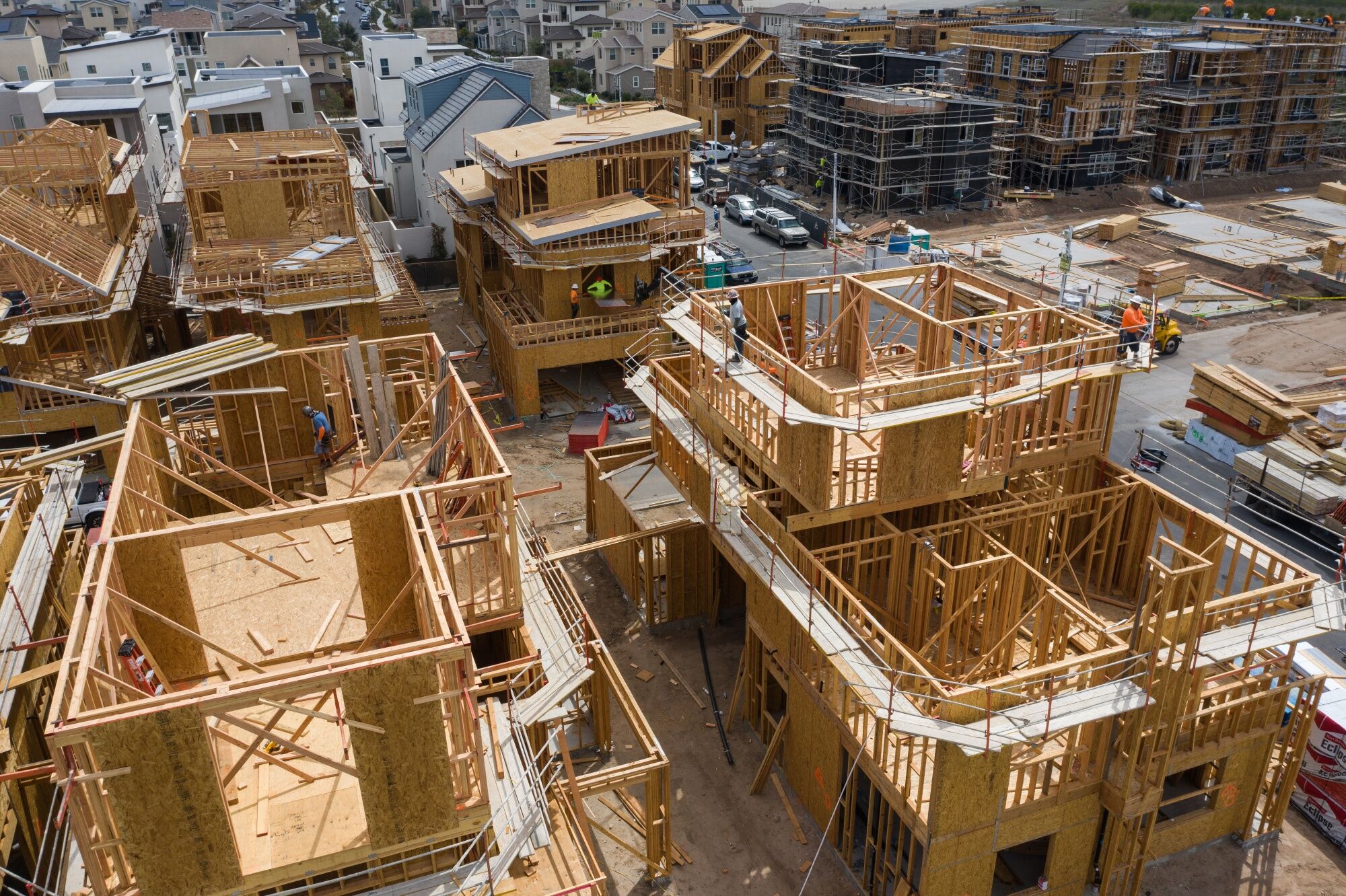August 29, 2024
Topic
Over the next few months, CivicWell is hosting a webinar series featuring changemakers in climate, health, transportation, and philanthropy. Each webinar will highlight innovative and groundbreaking tools, initiatives, and conversations to inform and inspire local policies and planning. We’re particularly focusing on cross-sector and holistic approaches to the challenges we face. Attend any or all of these free webinars to build your community’s toolbox for equity, sustainability, and resilience.
Health In All Policies
September 12
11:00 am – 12:00 pm PDT
Register Here
As policymakers and residents work to create more sustainable and equitable communities, health must be integrated at every step—from new state policymaking to local implementation in areas like General Plan updates, transportation planning, and more.
In this free webinar, AARP California Strategic Planning Director Jennifer Berdugo will share how the needs of California’s aging population can be integrated into planning at every level, and the innovative ways AARP is empowering local community members to support equitable and age-friendly policymaking. Dr. Catherine Brinkley, Professor of Human Ecology at UC Davis, and Meredith Milet and Dan Woo from the California Department of Public Health – Office of Health Equity’s Climate Change and Health Equity Branch will demonstrate new data-driven tools to help policymakers and planners create healthy, vibrant communities.
Transportation Equity
September 30
1:00 – 2:00 pm PDT
Register Here
This webinar provides insights on transportation equity from advocates and policymakers at the state and local levels. What does transportation equity look like in practice? What are the opportunities, resources, and best practices to help transportation agencies and local governments center equity in transportation planning and implementation? How can advocates, planners, and policymakers collaborate more effectively on equitable transportation policies and initiatives? How can planners and policymakers improve community engagement to be more inclusive of the people most impacted by transportation infrastructure investment?
In this webinar, we will be joined by:
- Sequoia Erasmus, Associate Deputy Director of Equity and Engagement, California Transportation Commission
- Nailah Pope-Harden, Deputy Director of Equity & Tribal Affairs, Caltrans
- Russell Dawson Rawlings, Community Organizing Manager, California Foundation for Independent Living Centers
Climate Disaster Resilience and Recovery
October 31
11:00 am – 12:00 pm PDT
Register Here
While California communities face the ongoing and growing threat of wildfire and other climate-related disasters, the funding landscape for long-term planning, infrastructure improvements, and capacity building for resilience is unpredictable. Given the imperative of continuing to build resilience to the impacts of climate change in spite of an uncertain funding future, how can local communities make the most of state and federal funding to prepare for and respond to extreme weather events?
In this webinar, HORNE Director of Federal and State Programs Geoffrey Ross will discuss the technical assistance his agency provides to support local communities in accessing federal funding for climate disaster preparedness and recovery. Kirin Kumar, Director for Climate and Disaster Resilience for Northern California Grantmakers, will highlight the ways philanthropy is stepping in to fill in gaps in state and federal funding for climate planning, resilience, and adaptation. City of Lodi Mayor and The Craig Group Partners LLC principal Lisa Craig and SPUR Hazard Resilience Senior Policy Manager Sarah Atkinson will share case studies from local jurisdictions, and resources available to support climate disaster recovery and resilience at the local level.
Innovative Investment Strategies for Climate Resilience
November 13
1:00 – 2:00 pm PDT
Register Here
For years California has been at the forefront of pioneering climate investments, dedicating billions of dollars to climate adaptation and resilience efforts. The tremendously important climate programs housed at various state departments including the Governor’s Office of Planning and Research and the Strategic Growth Council have supported the cultivation and growth of dynamic community partnerships and cross-sector collaboration among nonprofits, CBOs, tribes, local governments, climate collaboratives, and more. With the current budget deficit, these networks are developing innovative strategies for initiating and sustaining crucial collaborations and innovative funding relationships for climate initiatives.
In this webinar, Former Senior Advisor of Climate and Economy to the California Governor’s Office Mary Collins, Valley Vision CEO Evan Schmidt, and Director of Environmental Initiatives for The San Diego Foundation Christiana DeBenedict will offer insights into how cohesive funding strategies from state, federal, and philanthropic sources can amplify the work of local communities and CBOs—increasing coordination, building coalitions and capacity, and investing in relationships as soft infrastructure for climate resilience.
Thank you to AARP California for sponsoring this webinar series!


Policy Corner
Proposition 5 Empowers Local Governments
Since 1978, when Proposition 13 passed to amend the state Constitution to limit property taxes, it has required a two-thirds majority vote to approve the sale of general obligation bonds by local governments to fund such items as housing and infrastructure. Proposition 5 on the November ballot, if approved by the voters, would change the required supermajority vote to approve such bonds to 55%.
The proposition would allow the proceeds from the sales of local bonds to underwrite investments in public infrastructure and affordable housing and is the result of ACA 1, ACA 10, and AB 2813, all authored by Assemblymember Cecilia Aguiar-Curry.
Over the years since Proposition 13 was adopted, many local bond and tax measures have received majority votes of 55% or more but failed due to the two-thirds threshold. Bluntly put, the two-thirds standard allows one-third plus one of the voters to defeat an effort to improve communities that may be supported by as many as 66% of the electorate. The two-thirds requirement has served to give veto power to one-third of the voters, a strikingly anti-democratic formula. In setting the threshold for passage at 55%, Proposition 5 would still require strong approval by the voters.
Proposition 5 is not the first proposal to reduce the size of the supermajority vote needed to approve local bonds. The voters previously approved such a reduction in percentage of the vote for school bonds in 2000. Since that time, school districts across the state have been able to conduct successful bond campaigns that have led to thousands of new, improved, and rehabilitated facilities.
The critical need for investments in public infrastructure and affordable housing could hardly be more apparent—and existing local, state, and federal resources have been insufficient to meet the need. Under Proposition 5, funding could be spent for such things as public libraries, public safety facilities, flood control, broadband, public parks, water and sewer facilities, transit and streets, and hospitals.
In addition, funding could be used to develop affordable housing and permanent supportive housing as well as provide down-payment assistance. Nearly 45% of Californians are renters, with many considered “rent burdened,” meaning they pay more than one-third of their income for housing. Tens of thousands more are homeless, many unhoused because they cannot find shelter for rent they can afford. If Proposition 5 succeeds and local governments can offer appealing local bond measures, important resources can be generated to help address this crucial issue.
Proposition 5 represents an important step toward democracy and a monumental step toward empowering local governments and voters to address the conditions and concerns of their communities.





